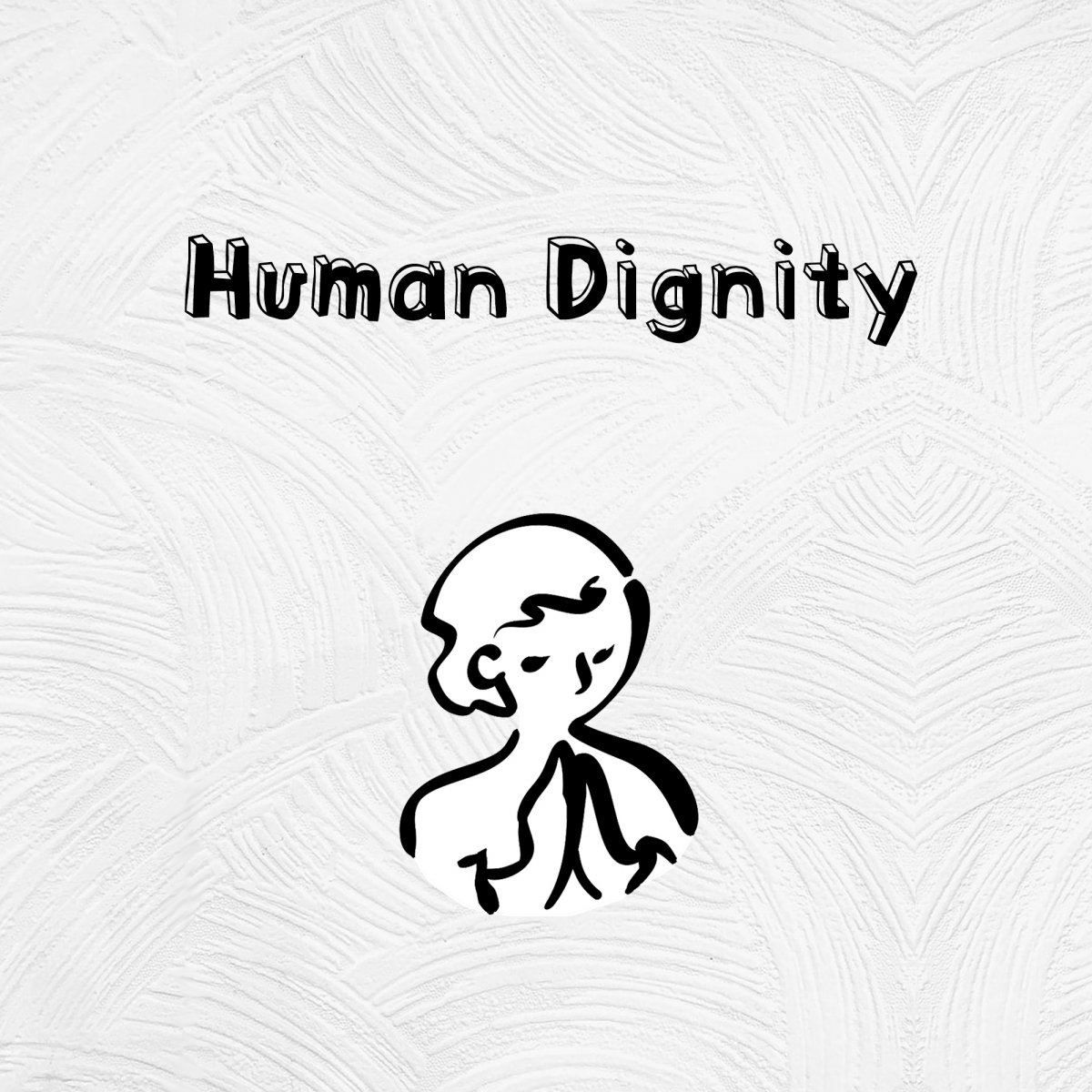Advocacy starts at home: Our New Year’s resolutions
In Laudate Deum, Pope Francis says “there are no lasting changes without cultural changes, without a maturing of lifestyles and convictions within societies, and there are no cultural changes without personal changes” (para. 70). At the same time as we call on the Government to make New Year’s resolutions for justice in Aotearoa New Zealand, the Caritas advocacy team has been making resolutions of our own to better live out our Catholic social teaching values through our work. We invite all of our supporters to think about the resolutions you can make to improve your impact on the world.
Keeping track of our carbon footprint
Much of our work focuses on reducing this country’s emissions. Seeking to lead by example, we will be making a concerted effort this year to assess and monitor our carbon footprint and look for ways to reduce it as an organisation. This is key to putting into practice our social teaching principle of Stewardship – Kaitiakitanga.
As an individual or organisation, keeping track of your carbon footprint is a great first step to reducing emissions. Organisations can find free carbon footprint calculators to help monitor their emissions. As an individual, things can be much simpler – even just keeping track of how much petrol you buy each week can be an effective way to monitor your transport emissions. If you notice yourself buying more fuel than normal, this is a prompt to think about how you can mitigate or offset this.
Looking into modern slavery in our supply chains
We have been campaigning hard over the past couple of years for Aotearoa New Zealand to introduce modern slavery legislation, which would require businesses to disclose potential human rights abuses in their supply chains and act. But even before this legislation is passed, we have an opportunity to look more at supply chains we use and ensure we are not inadvertently profiting from the enslavement of others, to give effect to our Catholic social teaching principle of Human Dignity – Te Mana o te Tangata.
Though legislation has not been passed in Aotearoa New Zealand yet, many other countries in the world – including the UK and Australia – have introduced their own versions of legislation; and cases of modern slavery are increasingly being publicly exposed in the news. We can all take small steps in our personal lives to avoid products derived from slave labour – for instance, you could look up the company that makes your favourite brand of chocolate to see if they are implicated in any modern slavery, and if so, look at what other brands you could switch to.
Improving the accessibility of our content
Making our content more accessible for all our supporters, including those with disabilities, is vital in living our social teaching principle of Participation – Nāu te Rourou, Nāku te Rourou. This year the Caritas advocacy team will be making a concerted effort to improve the accessibility of our web pages, the documents we publish, and all other content we release, so that our message is easier to consume for you and can reach everyone in our communities. Our efforts are strongest when everyone has the ability to contribute.
Improving accessibility can be much easier than you might think. Microsoft Word, for example, offers automatic tips on how to improve the accessibility of documents, including a tracker that appears at the bottom of the window. Depending on what kind of work and organisations you are involved in, you may be able to find lots of surprisingly simple ways to improve the accessibility of what you do just through a quick Google Search!
If you find our work inaccessible for any reason or have in the past, you can help by getting in touch to let us know, so that we can work to fix the problem. You can email us at caritas@caritas.org.nz or call 0800 22 10 22.



